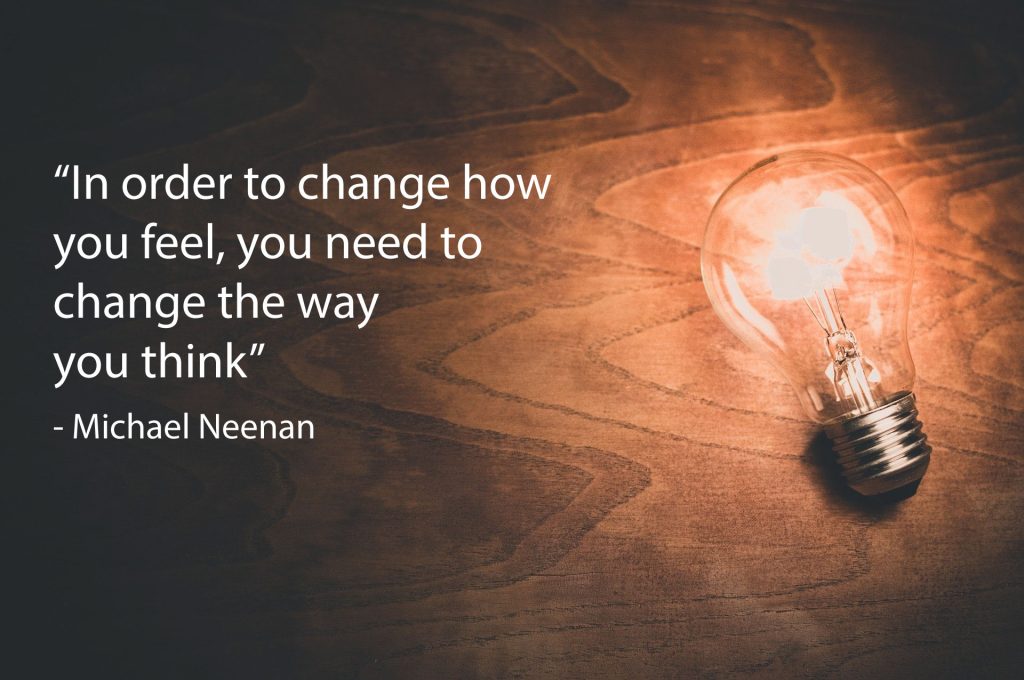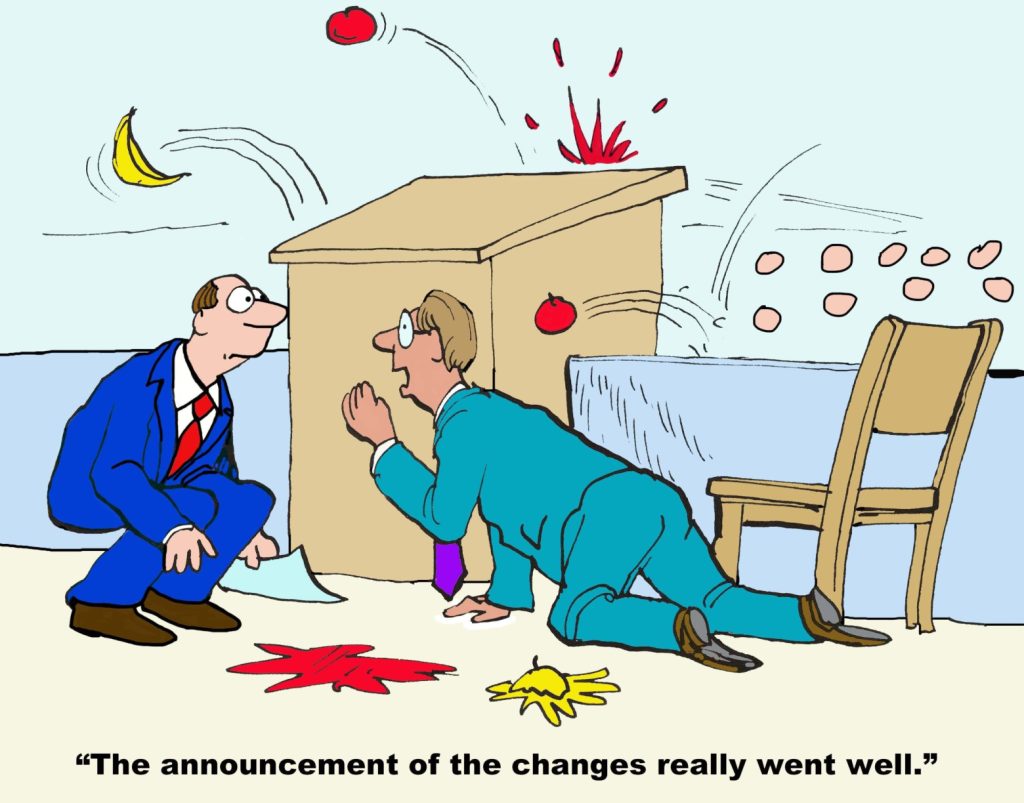For a variety of reasons, organisations can lose their way and find that their very existence is in doubt. A decline in sales can soon lead to cashflow pressures and unmanageable liabilities. When there is a shortage of cash to maintain the workforce and buy vital supplies and equipment, relationships inside and outside the organisation soon become strained. The wheel starts to wobble and even the simplest of plans become difficult to implement.
Finding a way back from the proverbial cliff edge demands great leadership and a dedicated strategy that:
- Stabilises the ship to build a foundation for growth.
- Is focused on transformation – the things that need to be done differently to turn the ship around
- Addresses the challenges faced (sounds obvious but you would be surprised!), is capable of being implemented given the resources available, and is likely to get the support of key stakeholders who are capable of either making or breaking the plans.
“Finding a way back from the proverbial cliff edge demands great leadership and a dedicated strategy.”
Few have had first-hand experience of leading radical transformation
Most business leaders have little or no experience in managing an organisation in crisis, though, and they are often facing personal challenges that flow from pressures within the organisation (e.g. stress impacting family life, not being able to draw their income). It is no surprise, therefore, that this can overwhelm them and lead them down a path where they see little or no hope. Sleepless nights, recurring negative thoughts, an inability to relax and be present with friends and family, and withdrawal from all the things that maintain a healthy body and healthy mind (e.g. regular exercise, eating properly and active involvement in hobbies). Sound familiar?
“Most business leaders have little or no experience in managing an organisation in crisis.”
Transformation demands great leadership and bags of courage
Courageous leadership is needed when an organisation is drifting towards a cliff edge – doing what needs to be done despite the inevitable challenges and setbacks. Paradoxically, though, overwhelming challenges can often result in less effective leadership rather than more effective. For example:
- When confronted with difficult questions, leaders withdraw. Avoiding questions they don’t want to or can’t answer.
- A more autocratic, controlling, style of leadership can arise as a direct response to the perception of increased risk. Engagement and creativity decline. The very things needed to successfully transform the organisation.
- Fear and panic can lead to poor decisions which erode the trust and respect of others who often see things more clearly. If fear permeates through the organisation, it robs people of energy, commitment and determination, and the capacity to problem-solve creatively. Things said can prove unhelpful with hindsight.
- Leaders become unwilling to explore widely to find solutions. Quick fixes and the predictable slashing of costs – forced redundancies, less marketing, and a reluctance to invest in long-term capital expenditure such as R&D and new technology.
This is by no means a surprise. We would all feel the pressure to consolidate and hunker down to weather the storm. But chopping away the very things that are likely to lead to positive transformation (e.g. skills and creativity, the active engagement of customers, colleagues and key suppliers) risks trapping the organisation in a cycle of slow decline. So, the pruning knife mustn’t cut so deep that it slices the very heart out of the organisation.
“..the pruning knife mustn’t cut so deep that it slices the very heart out of the organisation.”
So how does Lunesdale Coaching & Mentoring help?
We have a simple but effective approach that helps leaders get a good night’s sleep, brings them clarity of mind and objectivity, helps them maintain positive relationships with key players, and gives them the energy and determination to succeed despite what life throws at them. Light returns at the end of the tunnel and the proverbial glass becomes half-full again!
We guide and support leaders to find their own answers
Through coaching and mentoring we guide business owners and leaders and equip them with the tools they need to:
- Identify the underlying causes of the problem rather than focusing on quick fixes that simply treat symptoms
- Develop plans that will fix the problems but are realistic and capable of successful implementation
- Roll out a turnaround and transformational strategy and address resistance from stakeholders and other barriers that inevitably arise. Radical transformation is critical but unlikely to get the support of everyone!
Above all, we offer moral support, a confidential ear that is free of judgement or criticism, and expert skills and knowledge that we share willingly. We bring boundless energy and enthusiasm to the task at hand which energises all those we engage with, literally changing the way they think and feel about the challenges ahead so they see opportunities rather than simply threats. We ensure leaders once again feel positive and confident. By promoting learning and development as a fundamental ingredient of our approach, we also build resilience so leaders can weather the storm now and in the future.
What do we ask of leaders as we start this journey with them?
A willingness to:
- Keep an open mind and consider possibilities beyond the scope of their own experience. Living in denial, bias and preconceived ideas stifle creative thinking and innovation.
- Look inwards, recognising that what they do and how they do it will be contributing to the results they are getting. Not all problems are created by others!
- Be challenged. Our values mean we will always be honest even if our message is uncomfortable.
- Be courageous. We will shine a light in places that you may be reluctant to venture and the road ahead will be bumpy and uncomfortable. Build future success by working through the discomfort of fear.
- Trust others. Engage key players from inside and outside the organisation to achieve success. Being open and honest with others leaves us feeling vulnerable. We have to take off our defensive armour if we want others to take off theirs so we can enter into meaningful conversations that are inspiring and engaging and find the win-win.


